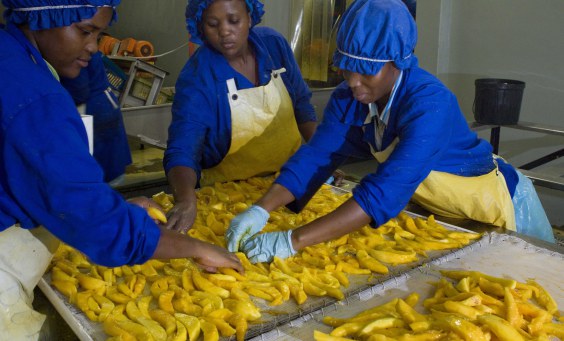GSS Urges Firms to Prioritise Innovation as Producer Inflation Slows to 3.8%
The Ghana Statistical Service (GSS) has cautioned businesses against relying solely on price cuts to stay afloat, stressing the need for innovation and smarter contract negotiations in response to easing production costs.
According to the Service, while declining costs may appear to offer relief, they are also accompanied by tighter margins that could squeeze profitability if firms fail to adapt strategically.
“Falling costs bring opportunity, but tighter margins too. Stay ahead by innovating, not just adjusting prices,” the GSS stated in an advisory issued alongside the July 2025 Producer Price Index (PPI).
Producer inflation slowed to 3.8% in July 2025, down from 5.8% in June. This represents the sixth consecutive monthly decline and the lowest rate since November 2023. The fall was driven mainly by easing prices in mining and quarrying—which declined from 6.5% to 4.6%—and manufacturing, which dropped from 7.2% to 3.6%. The two sectors together account for nearly 80% of Ghana’s industrial output.
Transport and storage costs extended their deflationary trend, falling to -8.1%, while accommodation and food services remained at -2.7%. In contrast, electricity and gas recorded a price increase, rising to 6.7% in July.
The GSS noted that the current trend in producer prices presents both opportunities and risks, urging businesses to improve efficiency, renegotiate contracts more effectively, and create new value for customers rather than depending only on price adjustments.
For government, the Service indicated that the data underscores the need to consolidate stability and provide targeted incentives to key sectors such as mining and manufacturing, in order to sustain production and safeguard employment.
Consumers, on the other hand, were encouraged to “buy smart” by demanding fairer retail prices, questioning markups, and supporting brands that pass on savings.
Compared to the same period last year, when producer inflation stood more than 29 percentage points higher, the July figures mark a significant turnaround. Analysts suggest the decline could point to more stable price conditions in the coming months, contingent on proactive responses from businesses and policymakers.
The GSS stressed that Ghana’s economic recovery will hinge not only on falling producer costs but also on how effectively stakeholders adjust to the evolving cost environment.








